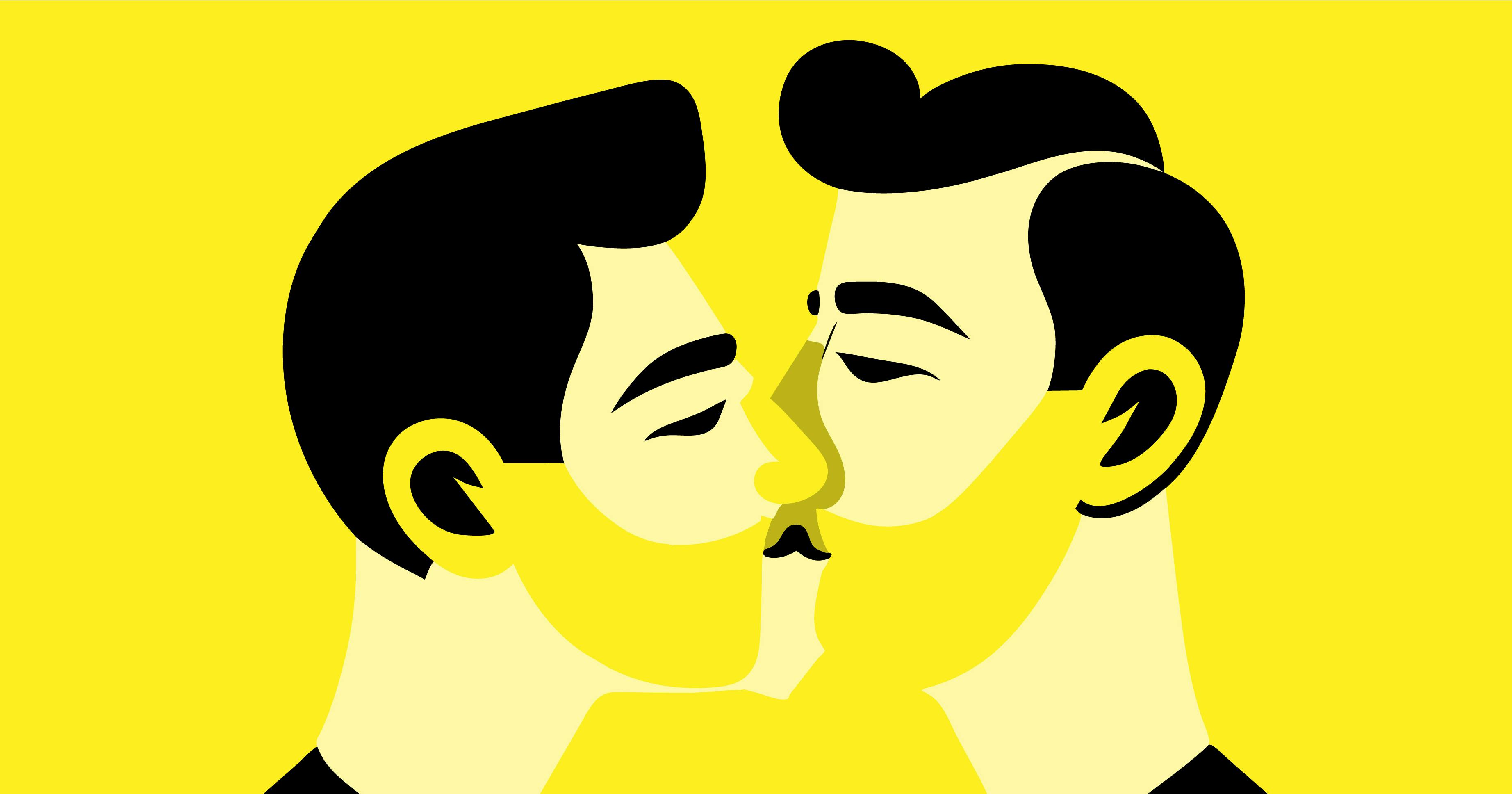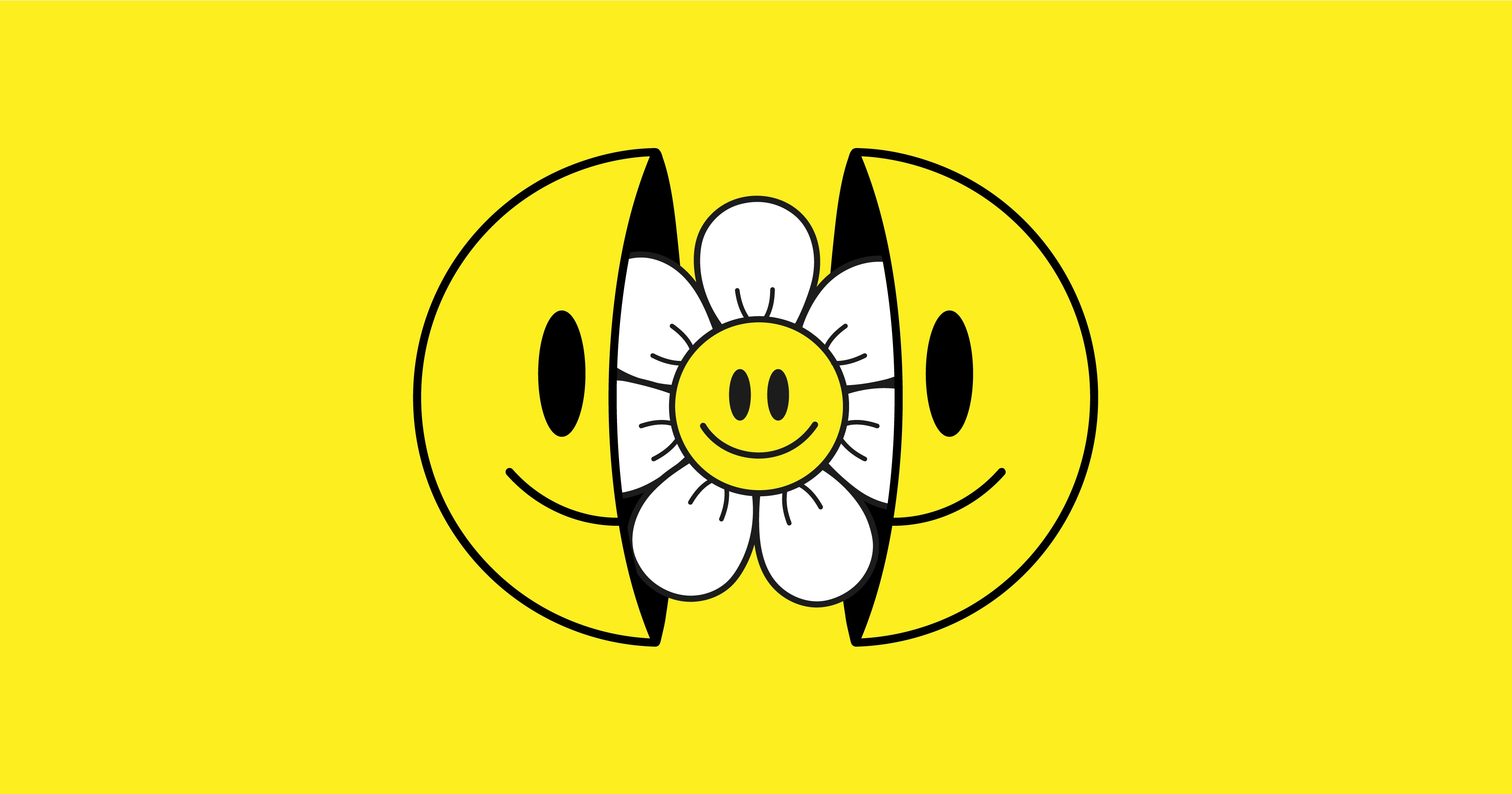
DEI brand strategy: How to get it right
From celebrating Pride Month to supporting Black Lives Matter, there are many benefits to brands that campaign for diversity, equity and inclusion (DEI) causes. However, worries about backlashes from customers or members of the public may put businesses off running DEI-focused marketing activities.
When companies share their DEI values effectively, it can improve customer perceptions, build trust and attract new prospects. A survey of US buyers found 66% were influenced by social values when shopping. In a review of global consumers, 57% said they had greater loyalty to brands that committed to addressing social inequities.
Yet many businesses are worried about inadvertently causing offence or isolating customer groups with DEI-focused campaigns. So how can you support communities without getting brand publicity for all the wrong reasons?
Why should you embrace DEI brand strategies?
DEI brand strategies are when businesses show their support for particular social causes and promote their alignment with specific values or communities. Often, DEI campaigns don’t focus on directly promoting a company’s products or services. As such, business owners may question the value of investing in this creative.
However, demonstrating a real commitment to DEI (instead of ‘rainbow-washing’, or the equivalent) can make brands more attractive to customers, investors and potential employees. As one report found:
– 94% of Gen Z customers expect companies to take a stand on important social issues
– 67% of job seekers say a diverse team is important when considering an offer
– Investors are increasingly asking businesses to be transparent about their data and commitments to racial equity
If done effectively and sensitively, brand campaigns that promote your business’ DEI values and principles can help your company’s overall growth.
Controversial DEI brand campaigns
Even the most well-intentioned brands can fall foul of social media controversies and unwanted publicity if they misstep with their campaign creative. Here are some examples of when cause-driven marketing has turned sour.
Bud Light’s Dylan Mulvaney Ad
To promote their low-calorie beer, Anhauser-Busch ran sponsored Instagram content with transgender influencer Dylan Mulvaney. Bud Light asked Dylan to promote their Easy Carry Content competition to her millions of social media followers. They also sent personalised cans with congratulations on her 365th day of womanhood.

Gillette’s Slogan Change
In response to the #MeToo movement, razor brand Gillette ran a campaign aimed at tackling toxic masculinity. The TV adverts called on men to ‘hold each other responsible’ and, after showing representations of ‘positive’ and ‘negative’ male behaviour, reworked its slogan from ‘The best a man can get’ to ‘The best men can be’.
Gaining two million views on YouTube in two days, it also quickly reached 214,000 dislikes. Although Gillette donated money to the Building a Better Man project (which aimed to reduce violent male behaviour) as part of the campaign, public figures called on others to boycott the brand. Subsequent sentiment surveys also showed a drop in brand consideration.
KFC’s Stereotypes
Although this campaign didn’t focus on DEI commitments, it shows the importance of considering community representation in branding. In a new take on their ‘finger-lickin’ good’ slogan, KFC Canada launched a campaign which apologised to the utensils left behind as people enjoy eating their meals with their hands.


However, the imagery used in the campaign’s billboards showed only Black people. Customers and the wider marketing industry were outraged by this representation, which played into the racist stereotype of Black people eating fried chicken. KFC’s origins in the American South increased public outrage at the brand’s lack of self-awareness.
How to get DEI brand strategies right
Keeping the following points in mind will help develop a DEI brand campaign that’s effective and inoffensive:
– To avoid accusations of virtue signalling and show your brand’s authenticity, campaigns should link to your business’ wider DEI commitments, such as encouraging more women into senior leadership positions, for example
– Showing individuals from diverse backgrounds can be a powerful branding step, but it’s important to take care with visibility to ensure any representation doesn’t play into stereotypes or cultural assumptions
– Localise campaigns for each culture. For example, certain markets may be more or less open to LGBTQ+ individuals, meaning brand activities related to this community may not be as well-received in these countries
– Take an inside-out approach to DEI and start by promoting important causes in your workforce. This will make a real impact on communities and demonstrate to customers, investors and potential employees that you take these causes seriously.
Effective DEI brand campaigns
By taking an authentic stance on DEI causes, the following brands created effective campaigns that increased customer trust and loyalty.
Absolut’s Equal Love
From a Pride-specific range to media placements in LGBTQ+ magazines and working with community artists, Absolut is a long-term supporter of gender equality and equal rights. Working in close partnership with the non-profit advocacy organisation GLAAD, their strong stance on equity was the focus of their campaign ‘Equal Love’.
Timed alongside London Pride, the ads represent individuals of various genders, ethnicities, backgrounds and sexualities kissing each other. This creative emphasises the importance of accepting and including every form of love in an open, transparent way that is characteristic of Absolut’s approach to this DEI cause.
Channel 4’s Advert Takeover
In partnership with its advertising partners, Channel 4 recently called out online abuse and promoted the importance of diversity and inclusion as part of its #TogetherAgainstHate campaign.
The broadcaster took ads it had run with Nationwide, Maltesers and McCain and overlaid them with the real-life offensive social media comments which had been made about them.
These were interspersed with statistics related to the abuse suffered by particular communities. Channel 4 also set up a support page for anyone affected by the issues raised in the campaign. By raising awareness and publicly calling out this problem, the channel maintained its position as a disruptor and demonstrated its allyship with the communities concerned.
Airbnb’s Community Commitment
Having dealt with several incidents such as hosts being taken down from Airbnb after sending racist messages to guests, the house-sharing brand has doubled down on the importance of DEI. This included appointing Laura Murphy, former Head of the American Civil Liberties Union in Washington, to tackle discrimination.
It also led to the introduction of the Airbnb Community Commitment, a policy which says everyone using the platform must be treated with respect, regardless of their background. If hosts don’t accept the policy, they won’t be able to advertise their property or host guests. The initiative’s promotion campaign aimed to fight back against prior negative news stories.
Launch your DEI brand strategy
Although building and sharing a DEI brand campaign can be a nerve-wracking experience, doing so sets your brand apart from competitors and shows customers you truly care about important causes.
Interested in developing your businesses DEI brand strategy? Call us on 01926 754038 or alternatively, drop us an email at hello@designmc.org and one of our team will be in touch.
LET’S TALK
Looking to realign, refresh or redevelop your brand or business marketing strategy? Send us an email at hello@designmc.org or, give us a call direct on 01926 754038 for an informal chat.

